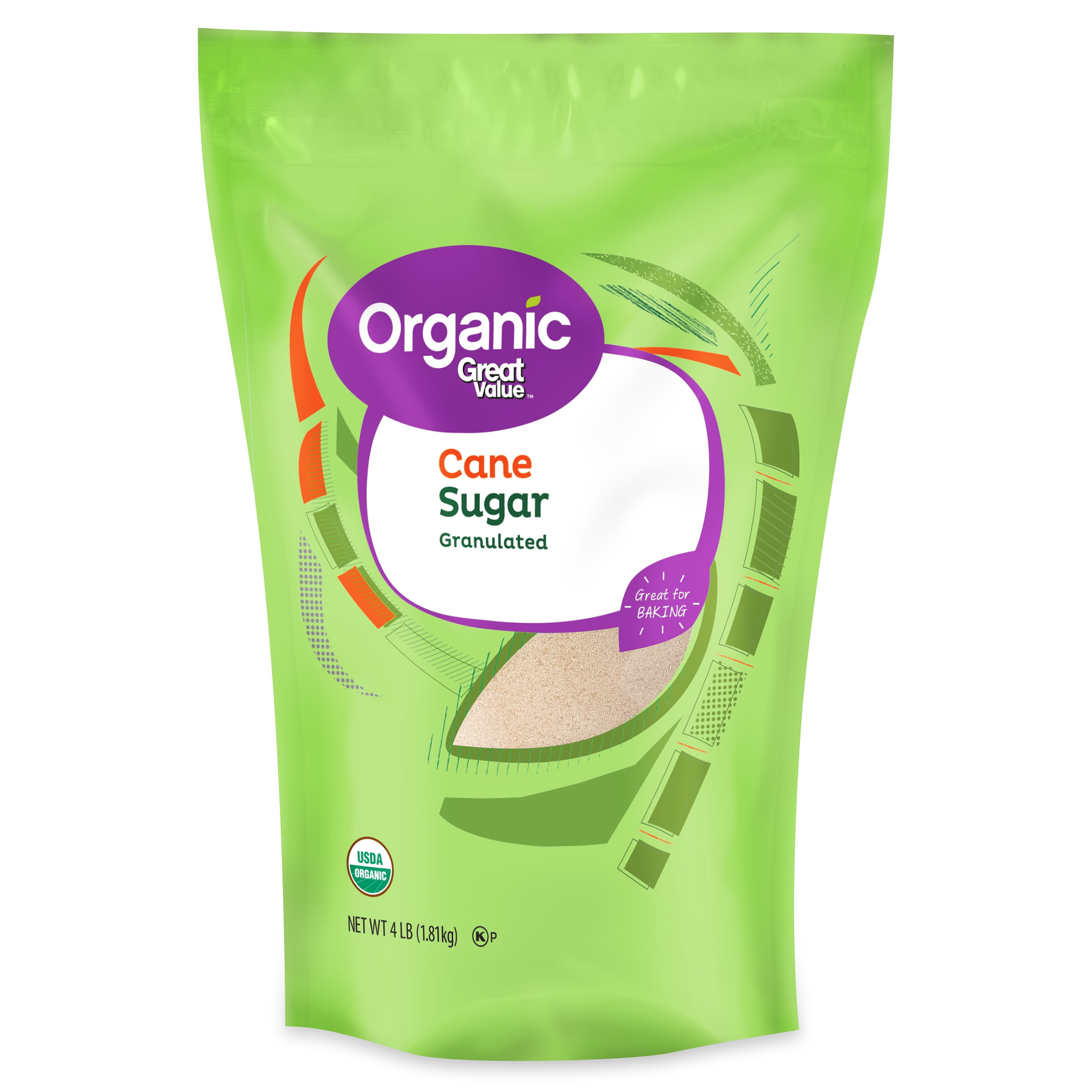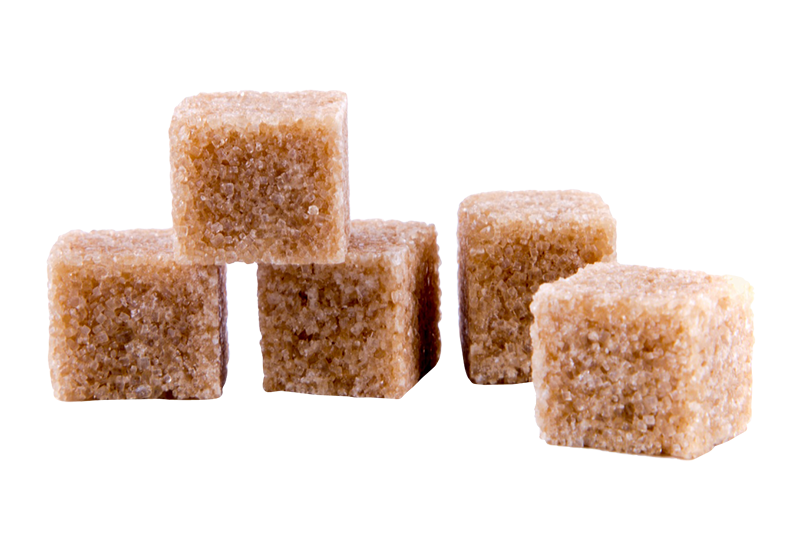Cane Sugar Processing: Traditional Methods and Modern Innovations
Cane Sugar Processing: Traditional Methods and Modern Innovations
Blog Article
An In-depth Overview of the Health and Economic Implications of Walking Cane Sugar Handling on Regional Areas
Walking stick sugar processing plays a crucial duty fit the economic landscape of regional areas, using employment chances and promoting supplementary industries. Nonetheless, the wellness implications connected with high sugar usage can not be overlooked, as they add to rising rates of excessive weight and diabetes. This nuanced dynamic invites an important examination of just how communities can optimize financial gains while resolving journalism health challenges they encounter. The exploration of sustainable techniques and instructional initiatives might simply hold the trick to integrating these clashing passions. What approaches might areas carry out to accomplish this balance?
Financial Advantages of Walking Stick Sugar Processing
Walking cane sugar processing provides significant financial benefits that extend past the prompt agricultural industry. The cultivation and handling of sugarcane create countless work opportunities, from farming to production and distribution. This employment generation not only sustains local economies yet likewise fosters area development by giving secure earnings sources for households.
Moreover, the sugar industry boosts ancillary services, including transport, devices supply, and product packaging solutions (Cane Sugar Processing). As these sectors expand, they add to an extra robust economic structure, enhancing general area resilience. The export capacity of refined cane sugar additionally amplifies economic benefits, placing regions as competitive players in worldwide markets
Financial investment in modern-day processing centers can result in raised productivity and efficiency, thus reducing waste and enhancing source usage. This shift not only profits the neighborhood economy but additionally supports sustainability efforts by decreasing environmental impacts.
Additionally, the earnings created from walking stick sugar processing can be reinvested in regional facilities, education, and medical care, advertising all natural area growth. On the whole, the financial advantages of walking cane sugar processing are multifaceted, supplying a structure for sustaining success in agricultural regions.
Health Risks Connected With Sugar Intake
Too much sugar usage presents significant health and wellness dangers that require major attention. High consumption of sugarcoated, particularly from processed drinks and foods, has actually been linked to various wellness difficulties. Among one of the most pressing issues is weight problems, as sweet diets add to an enhanced caloric consumption without supplying essential nutrients. This unwanted can cause metabolic conditions, including type 2 diabetes, which has actually ended up being increasingly widespread in both grownups and children - Cane Sugar Processing.
In addition, high sugar consumption is connected with cardiovascular disease. Raised blood glucose degrees can result in insulin resistance, a precursor to various heart-related issues. In addition, sugar can have harmful results on oral wellness, leading to cavities and periodontal condition, as microorganisms in the mouth flourish on sugar, creating acids that deteriorate tooth enamel.
Additionally, arising research recommends a potential web link in between high sugar intake and mental health and wellness problems, such as anxiety and anxiousness. As communities come to grips with these wellness dangers, it comes to be necessary to advertise awareness and encourage much healthier nutritional selections. Dealing with sugar usage is crucial not only for private health but also for the general health of neighborhood communities, emphasizing the requirement for thorough public health techniques.
Environmental Effects of Sugar Manufacturing
Often ignored in conversations regarding sugar's implications is the considerable environmental impact of sugar production. The cultivation of sugarcane usually demands considerable land usage, leading to deforestation, loss of biodiversity, and interruption of regional environments. The conversion of woodlands and marshes right into sugar vineyards can lead to habitat damage, threatening numerous varieties and altering ecological balance.
Moreover, sugar manufacturing is resource-intensive, consuming considerable quantities of water for watering. This can result in exhaustion of local water sources, adversely impacting both agricultural practices and area access to clean water. In addition, the usage of chemical fertilizers and chemicals in sugarcane farming can add to soil degradation and water pollution, as overflow from these chemicals goes into nearby rivers and lakes, impacting marine life and human health.
The environmental impact reaches the processing phase, where energy usage and waste generation further aggravate ecological issues. Air pollution from shedding sugarcane fields, in addition to greenhouse gas exhausts, contribute to environment modification. Therefore, the environmental effects of sugar production warrant severe consideration, prompting stakeholders to embrace more lasting practices to reduce these adverse effects on neighborhood ecosystems and areas.
Work Production and Neighborhood Growth
The environmental challenges positioned by sugar manufacturing are typically reversed by its potential for financial benefits, especially in work development and area development. The cane sugar industry offers as a considerable source of employment in lots of backwoods, supplying work throughout different ability levels, from agricultural labor to handling and distribution roles. This employment not just supports private family members yet also adds to the total economic vitality of local areas.
Additionally, the facility of sugar handling facilities boosts ancillary companies, such as transportation services, devices supply, and upkeep providers. As these services prosper, they create additional jobs and bolster local economic climates. The revenue generated from the sugar sector additionally causes raised tax obligation profits, which can be reinvested into social work such as healthcare, infrastructure, and education advancement.
In addition, the sugar sector often involves in area advancement campaigns, such as sustaining neighborhood schools and wellness programs, thus enhancing the lifestyle for citizens. By fostering solid community connections and advertising economic development, the cane sugar processing market plays a vital function in uplifting neighborhood populaces, making it an important part of sustainable advancement methods in sugar-producing regions.
Balancing Wellness and Economic Growth
In browsing the complexities of walking stick sugar handling, a vital difficulty exists in balancing health considerations with economic growth. The sugar industry substantially Check Out Your URL adds to local economies by creating jobs, promoting relevant fields, and enhancing tax earnings. However, the health and look here wellness ramifications connected with too much sugar consumption can result in chronic diseases such as excessive weight, diabetes, and cardiovascular issues, which can concern public wellness systems and lessen workforce productivity.

Furthermore, regulatory frameworks can play a pivotal function in leading industry practices towards more health-conscious and lasting approaches. By cultivating cooperation between federal government bodies, health and wellness companies, and the sugar market, neighborhoods can browse the duality of health and economic growth, making sure that the benefits of walking stick sugar handling are equitably shared while prioritizing public health and wellness.
Final Thought
Finally, the processing of walking cane sugar provides both significant economic advantages and significant health and wellness dangers for local neighborhoods. While it promotes task development and stimulates regional growth, the connected wellness issues, especially pertaining to excessive weight and diabetes mellitus, require a cautious balancing act. By advertising accountable intake and investing in area education and lasting techniques, it is possible to maximize my sources economic benefits while reducing unfavorable wellness results, therefore guaranteeing a much healthier future for neighborhood populaces.
Furthermore, sugar can have damaging impacts on oral wellness, resulting in dental caries and periodontal illness, as bacteria in the mouth prosper on sugar, producing acids that erode tooth enamel.
Resolving sugar usage is important not just for private health yet also for the total well-being of neighborhood neighborhoods, emphasizing the requirement for comprehensive public health and wellness strategies.
Regularly overlooked in conversations about sugar's effects is the considerable ecological impact of sugar manufacturing. The health and wellness ramifications connected with too much sugar consumption can lead to persistent diseases such as excessive weight, diabetic issues, and cardio issues, which can concern public wellness systems and decrease labor force performance.

Report this page